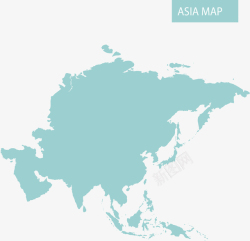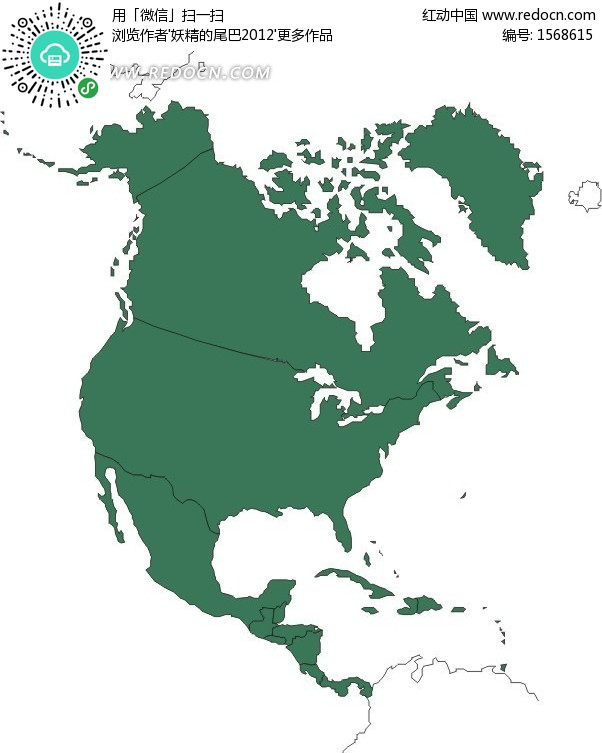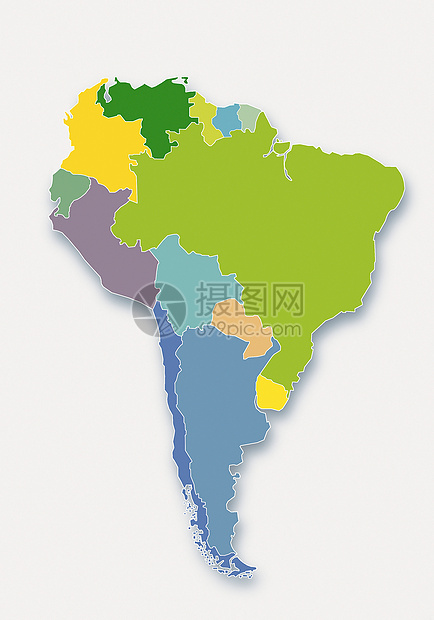Basin Rights of International Rivers
The principle of equitable and reasonable utilization is widely accepted as a rule of international water law; however, it still has ambiguity. Equitable, in the context of international river law, is expressed through the reciprocity of rights and obligations of basin countries. Countries share in the right to utilize a river. At the same time, there is an implication of a corresponding obligation to protect the river. Through this lens, the term reasonable may be defined as a sustainable use of a river - implying the river, and all its inhabitants, have the right to live. From the environmentalist perspective, we term this as the ‘rights of nature’. In addition to the rights of nature, the equitable and reasonable use principle applies, also applies to two additional ‘rights’ – human rights for individual water needs and water rights for basin countries. These three should combine to yield the total ‘basin rights’ available in a river system.We developed a model to estimate the quota of water resources for each of the three factors, so that they could be used as a tool to aid in negotiations on water allocation. We propose our basin rights model to have three parts: nature rights for the river’s ecosystem; human rights for the basin population, and water rights for each basin country. The three factors are explained in more detail below. This model provides a starting point or basic platform for facilitating different needs for stakeholders.







